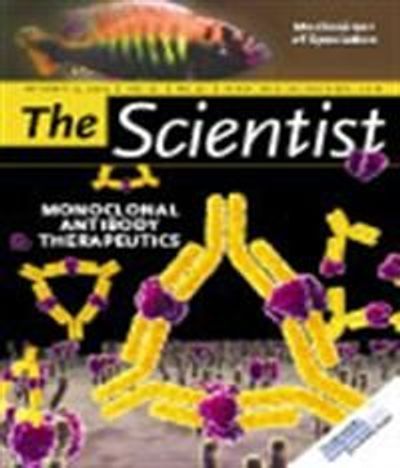Christine Bahls | |
 | |
His hair is pure white; his speech, still tinged with his native German, is a tad slow. The body bows a bit to its achieved 99 years--even living legends shuffle in slippers and need sweaters.
Ernst Mayr, who began studying birds and ended up studying the world, who introduced biodiversity into the synthesis of evolutionary biology, thereby evolving a new strain of study, cannot let science go. Each morning, he critiques someone's work, pours over his own pending publication, or reviews a book. "They're looking for a blurb," he says.
Mayr, who at one time read eight languages and writes with enviable clarity in his adopted English, has won biology's Triple Crown: the Balzan, the Crafoord, and the International Prize for Biology. Fellow evolutionary biologist and two-time Pulitzer winner E.O. Wilson wrote,1 "Ernst Mayr not only ranks among the great evolutionary biologists of this century; he is...
Interested in reading more?
